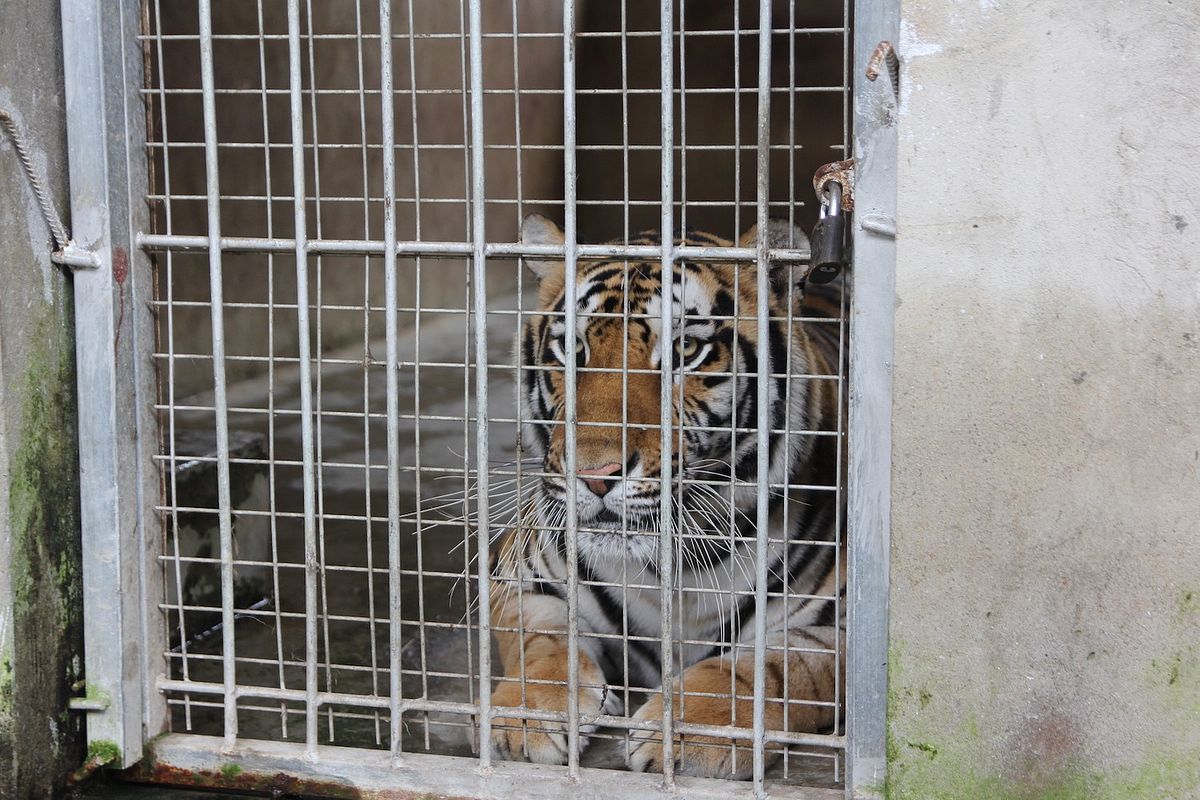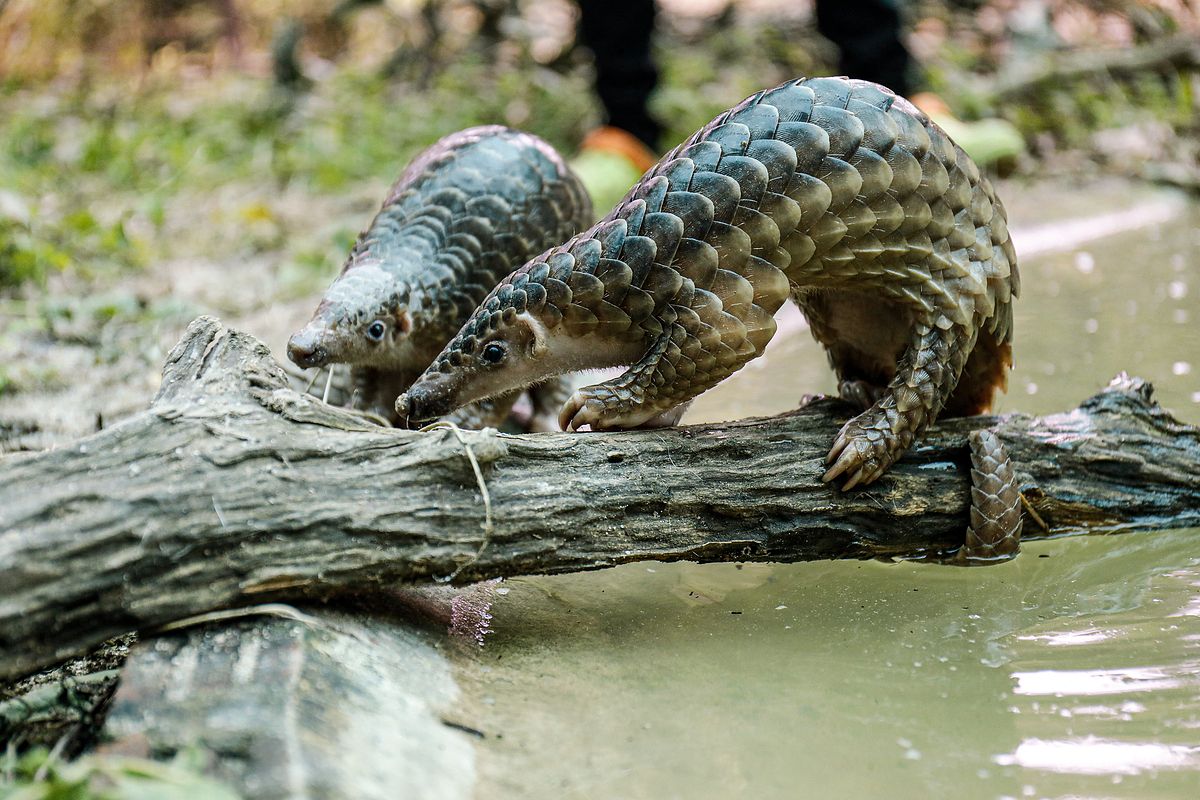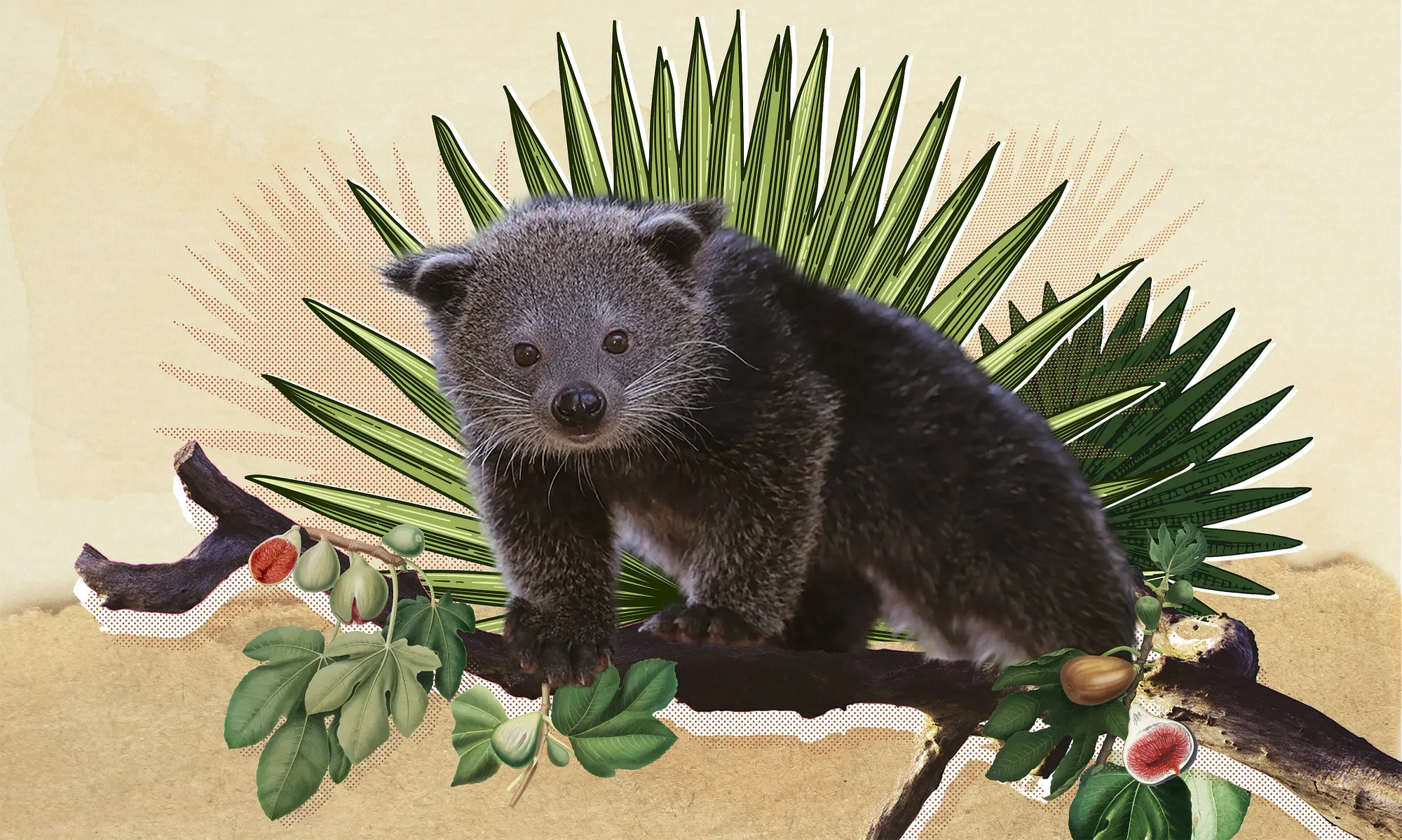After months in temporary custody at an ecotourism complex, eight rescued tigers in Nghệ An will resettle in the Hanoi Zoo.
Yesterday, the Nghệ An Department of Forest Protection announced that eight tigers currently being taken care of by the Mường Thanh Diễn Lâm Ecological Park in Diễn Châu District will be transferred to the Hanoi Zoo after city officials greenlit the decision.
According to Tuổi Trẻ, the animals were among the 17 tigers that Nghệ An Police confiscated from a private home in the area last August. Nine tigers did not survive the rescue process, and the surviving eight were taken in by the ecological park, where they have lived since.
Park management shared that the costs to care for the tigers have reached VND4 billion (US$175,000). The park has separate cages for each tiger, and the animals are still in good health at the time of writing. Mường Thanh Diễn Lâm has fronted the animal care expenses so far and plans to seek reimbursement from the provincial government.
Nghệ An officials initially sought to relocate the felines to either the Hanoi Wildlife Rescue Center or Phong Nha-Kẻ Bàng National Park’s Animal Rescue Center, but the former is currently operating at capacity, and the latter still hasn’t responded to the request.
There are currently nine tigers - mainly Indochinese - at the Hanoi Zoo, ranging from three years old to 16 years old.
Rehabilitating captive tigers is a very challenging task, especially when the rescued specimens have been living in cages since they were cubs. According to animal welfare NGO Save Vietnam’s Wildlife, the eight tigers saved from captivity can’t be released into the wild because they did not grow up with the skills to survive in the environment. Moreover, some tigers were the result of inbreeding, so they are likely to have health issues and a reduced lifespan, requiring frequent veterinarian care.
[Photo: A tiger at the Mường Thanh Diễn Lâm Ecological Park/Người Đưa Tin]















